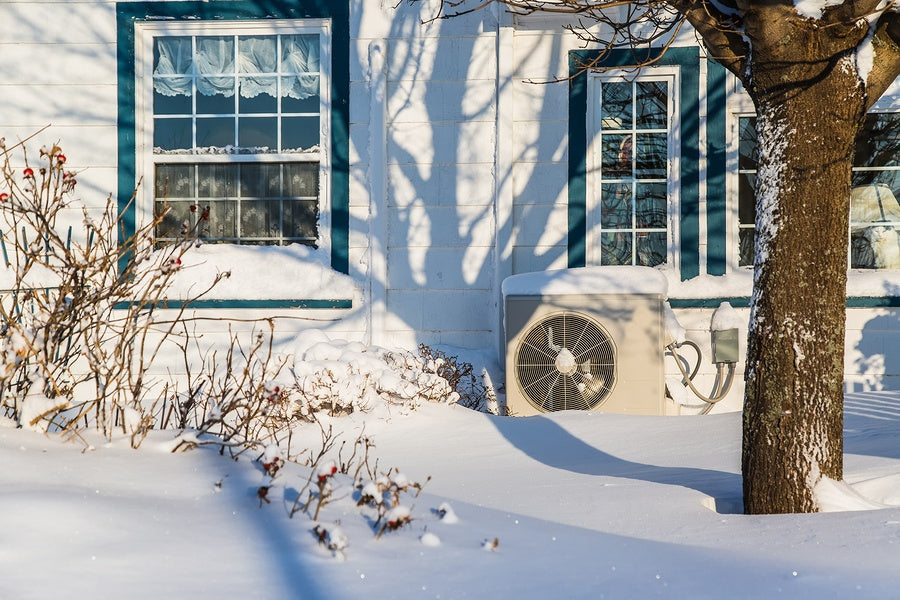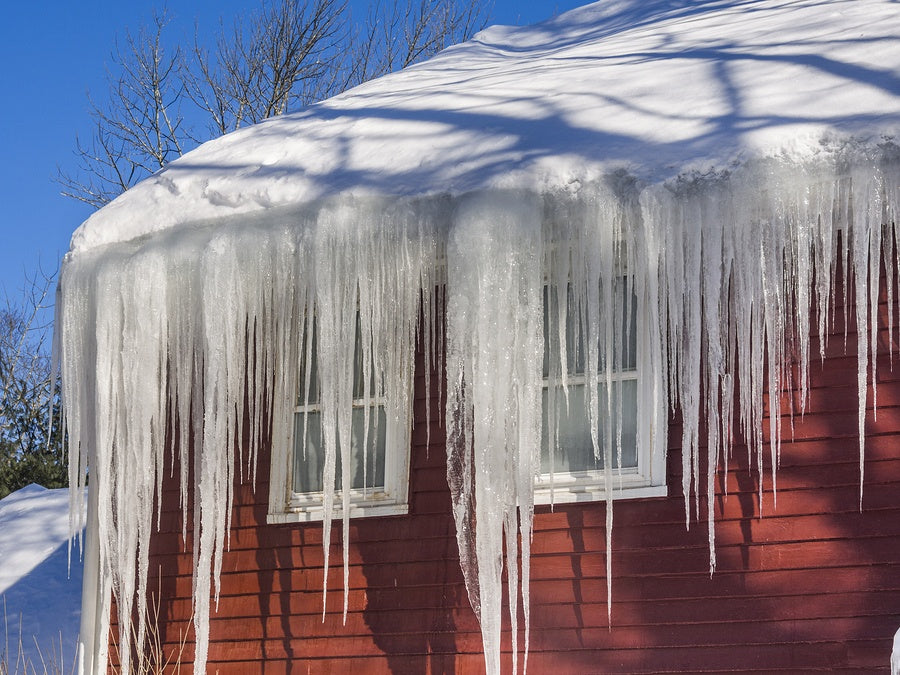
With the rising costs of electricity and home-heating fuels, homeowners are more concerned than ever before about maintaining an energy efficient home. Concerns for safety and for the environment are also high priorities among many homeowners, and thankfully, the very same actions that curb the high costs of home energy usage often also tend toward "eco-friendliness" and environmental safety.
As winter is the season of the highest home energy use, it is also the season with the greatest potential for savings if wise energy use tips, such as the following, are adhered to:
- Check/Repair Your Duct Work: As much as 30% of the energy in furnace-heated air is lost during distribution- between the furnace and the vents. Wrapping any duct leaks with duct tape and/or insulating your duct work wherever possible can translate into substantial savings every time you turn your heater on this winter.
- Install a Programmable Thermostat: Homes with a manual thermostat (or none at all) tend to waste energy because there is no way to conveniently adjust temperatures to the desired level at all times without being physically present- a programmable thermostat solves the problem.
- Install Automatic Lights: Use motion sensor and/or timer-controlled lighting to ensure lights are not left on all night and to limit their use to times when they are actually needed with minimal effort required.
- Inspect and/or Replace Your Heater: To ensure efficient operation during the heavy-use winter months, schedule a professional contractor to inspect your heater and do any necessary maintenance work on it. If the unit is old, inefficient, or in frequent need of repairs, more money will be saved in the long run by replacing it with a newer, energy-efficient model.
- Use Rechargeable Batteries: To guard against wintertime brownouts, you will need a few good flashlights ready on hand. Using rechargeable batteries for these and for all of your battery-operated equipment reduces waste and environmental hazards.
- Look for the "Energy Star" Label: Many home electronics use energy even when turned off, including clock displays and remote controls. Using more energy-efficient products, which merit the Energy Star label, will both save electricity and reduce greenhouse gas emissions at the power plant.
- Use Your Fireplace Wisely: If you have a fireplace or wood stove, save the ashes for your compost heap instead of just throwing them away. Also save your newspapers, roll them up like "paper logs," soak in water, and dry overnight. This is a way to reduce the amount of wood your fireplace requires to burn efficiently.
- Look for Recycled Products: Cutting down on greenhouse gases can partly be accomplished by buying recycled clothing and shoes. You can find scarves made of recycled cotton scraps, fleece gloves made from plastic bottles, and shoes with treads derived from throw-away rubber tires.
- Use Non-Toxic Deicers: Chemical deicers can pollute groundwater, hurt greenery, and become a hazard for pets that may lick them up or walk on them and then lick them off their paws later. Use cat litter, sand, or ashes along with basic rock salt to reduce the risk.
- Winterize Your Car: By winterizing your vehicle, you will reduce maintenance costs and keep yourself safe. Check and top off all fluids, make sure tires and properly inflated and not too worn down, and get a winter check-up at a mechanic's shop.
By taking a few low-cost, simple steps, you can increase the energy efficiency of your home, increase personal safety levels, and be as "eco-friendly" as possible. Both the environment and your energy bills will benefit, and winter is the time when you have the most to gain by implementing such strategies.


